WASHINGTON – With regular gasoline prices just shy of $4 a gallon nationwide, the Senate Finance Committee grilled senior executives of the five biggest oil companies Thursday about whether they really need tax incentives that some Democrats on the panel said the nation can no longer afford.
Citing the difficulty of closing the federal budget deficit, chairman Max Baucus, D-Mont., said that “everyone’s going to have to give in a little bit.”
But the oil executives fought back against congressional efforts to eliminate tax benefits for the petroleum industry. They asserted that if Congress wants to boost revenues and lower gasoline prices, it should open up more federal land and waters for exploration to generate more production and more tax and royalty payments.
“Tax increases on the oil and gas industry — which will result if you change long-standing provisions in the U.S. tax code — will hinder development of energy supplies needed to moderate rising energy prices,” said Chevron chief executive John Watson. “It will also mean fewer dollars to state and federal treasuries … and fewer jobs — all at a time when our economic recovery remains fragile.”
Later, ConocoPhillips chief executive James Mulva said, “We have shackles on us. Put us back to work.”
But several lawmakers, including Sen. Olympia Snowe, R-Maine, questioned whether, given high crude oil prices, there is a level at which the companies have ample incentive to develop resources.
“Since 2005, the price of oil increased 87 percent while our deficits have increased four-fold. In contrast, oil company profits have remained roughly constant every year since 2005,” Snowe, a finance committee member, said in a written statement after the hearing. “This raises the fundamental question about where are the results of these tax policies — are they assisting Americans with affordable supplies of energy or are they assisting companies to increase corporate profits?”
Snowe said at the hearing that lawmakers and President Obama should review the tax breaks and other energy policies as part of a “comprehensive energy policy.” Snowe said it is a “travesty” that no comprehensive national energy policy has been adopted.
Democratic Rep. Mike Michaud of Maine said after the Senate hearing that the time to end subsidies to major oil companies is now.
“While Mainers continue to face record gas prices, the last thing we should be doing is giving away their tax dollars to the major oil companies,” Michaud said in a written statement.
Sen. Susan Collins said Thursday that she has signed on to a bipartisan letter calling on federal regulators to use their authority to investigate and rein in “excessive Wall Street speculation” in crude oil futures and other energy commodities that is leading to artificially high prices.
“Excessive speculation on energy markets is just one of many issues we must address to deal with the high cost of oil and gas,” Collins said in a written statement.
ExxonMobil chief executive Rex Tillerson said the cost of finding new oil is about $60 to $70 a barrel, an estimate far higher than what oil experts say companies pay to discover and develop new reserves in areas such as the Gulf of Mexico.
Thursday’s marquee hearing featured the CEOs of Shell Oil Co., ExxonMobil, ConocoPhillips, BP America and Chevron Corp., which together booked profits totaling $36 billion during the first quarter. The Democrats say that with profits that high, the big oil companies wouldn’t miss tax breaks that average $2 billion a year.
Lawmakers stressed that budget pressures necessitated a tough look at the companies’ tax treatment. Obama has proposed limiting or cutting provisions that he said would save about $40 billion over 10 years. They include a tax break shared by all manufacturers, the oil depletion allowance (which the biggest oil companies no longer qualify for) and other provisions for the expensing and depreciation of drilling costs.
“These tax breaks have not moved us toward energy independence,” Baucus said.
“You’re deeply out of touch,” Sen. Jay Rockefeller, D-W.Va., told the executives.
Noting the deep cuts in Rep. Paul Ryan’ s, R-Wis., budget proposal and meetings with Obama on how to narrow the deficit, Rockefeller said: “All kinds of things are going to take enormous hits, while you’re not. We’re kind of terrified up here.”
“I want to assure you I’m not out of touch,” replied Exxon’s Tillerson.
He said that from 2005 to 2010, Exxon Mobil had paid an average of 32 percent in U.S. income taxes, and that a tax increase would alter investment decisions, possibly pushing investments to other nations.
Tillerson said that if Congress wanted to eliminate the biggest of the tax measures, one that effectively cuts the corporate income tax rate by 2 to 3 percentage points, it should do so for all industries, not just the oil industry.
Earlier, he said in prepared testimony, “Why should an American refinery worker employed by a major U.S. oil and gas company in Billings, Mont., be treated as inferior to an American movie producer in Hollywood, an American newspaper worker in New York, or an employee at a foreign-owned refinery in Lemont, Ill.?”
Baucus noted that the manufacturers’ tax break replaced an earlier tax measure that was more targeted and excluded the oil industry. But when the earlier measure was found to violate World Trade Organization agreements, Congress broadened the tax break to cover oil and other companies.
The exchanges grew heated at times, particularly when Sens. Charles Schumer, D-N.Y., and Robert Menendez, D-N.J., unsuccessfully tried to extract an apology from ConocoPhillips’ Mulva for a news release his company issued titled “ConocoPhillips Highlights Solid Results and Raises Concerns Over Un-American Tax Proposals at Annual Meeting of Shareholders.”
Mulva responded that “nothing was intended personally” but he would not apologize or retract the characterization.
“I think that’s beyond the pale,” Menendez said.
The ranking Republican on the committee, Sen. Orrin Hatch, R-Utah, was more sympathetic to the executives, accusing Democrats of seeking to “score a few cheap points against oil companies.”
Schumer said the average American would more readily believe that a unicorn had appeared before the committee than that the oil companies needed tax incentives.
Send questions/comments to the editors.

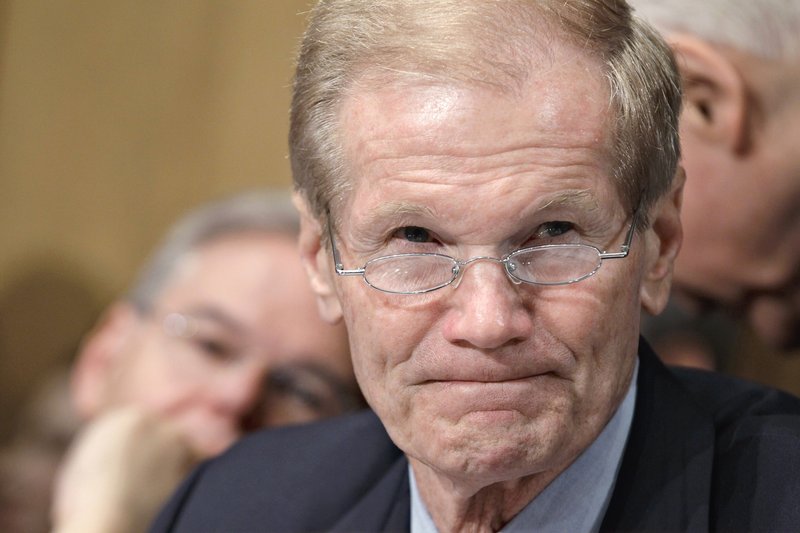
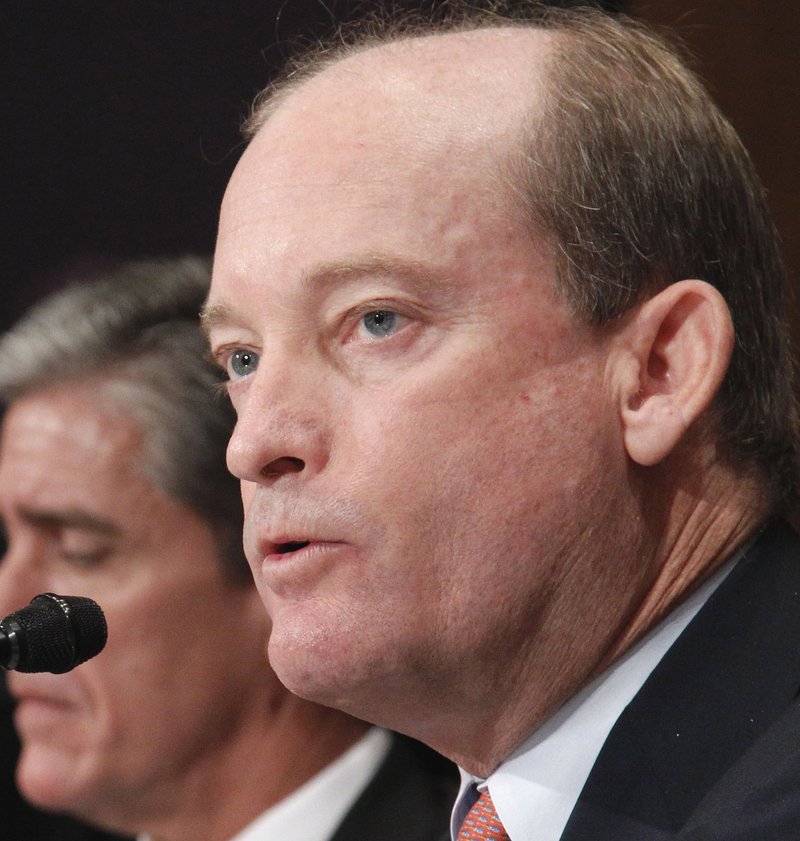
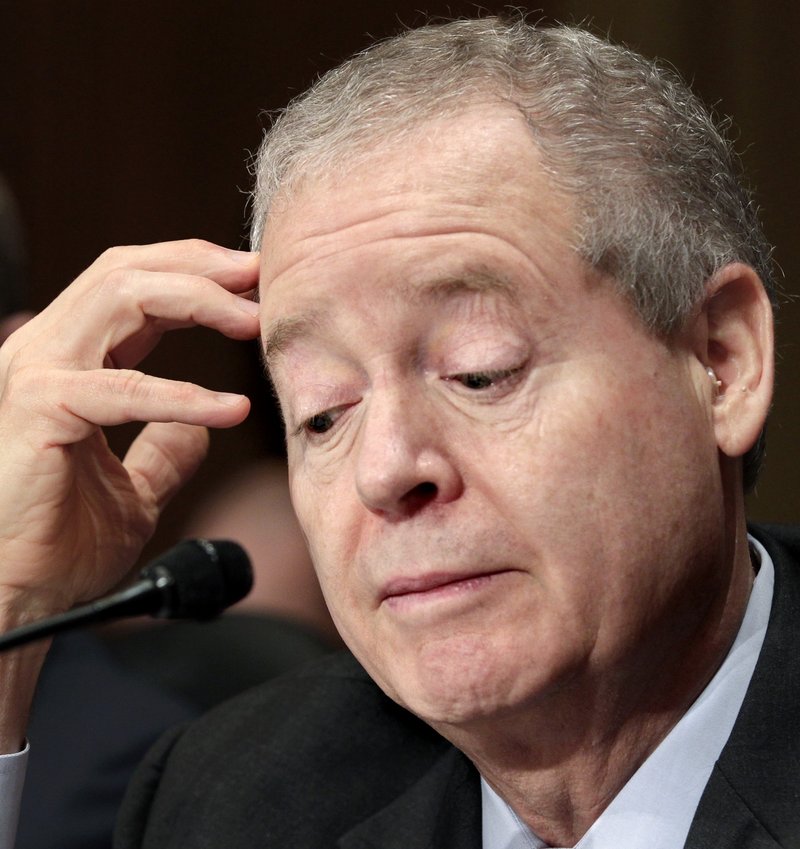
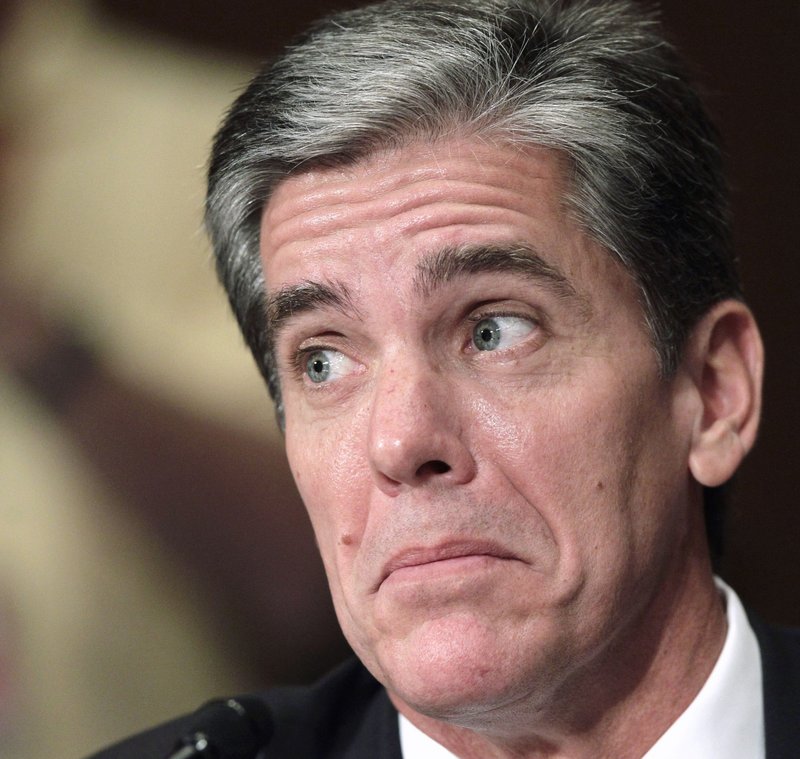
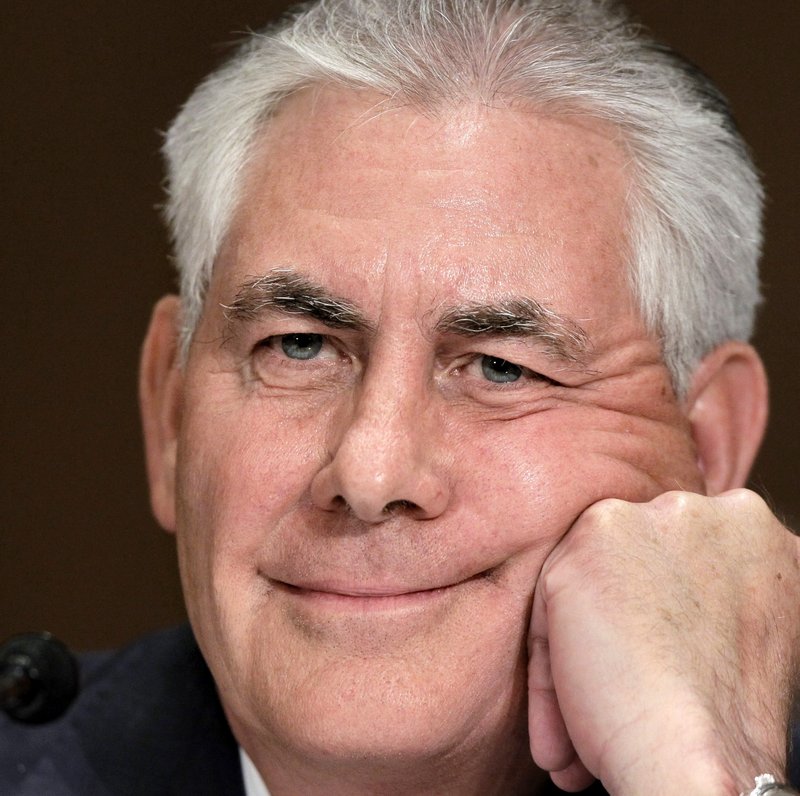
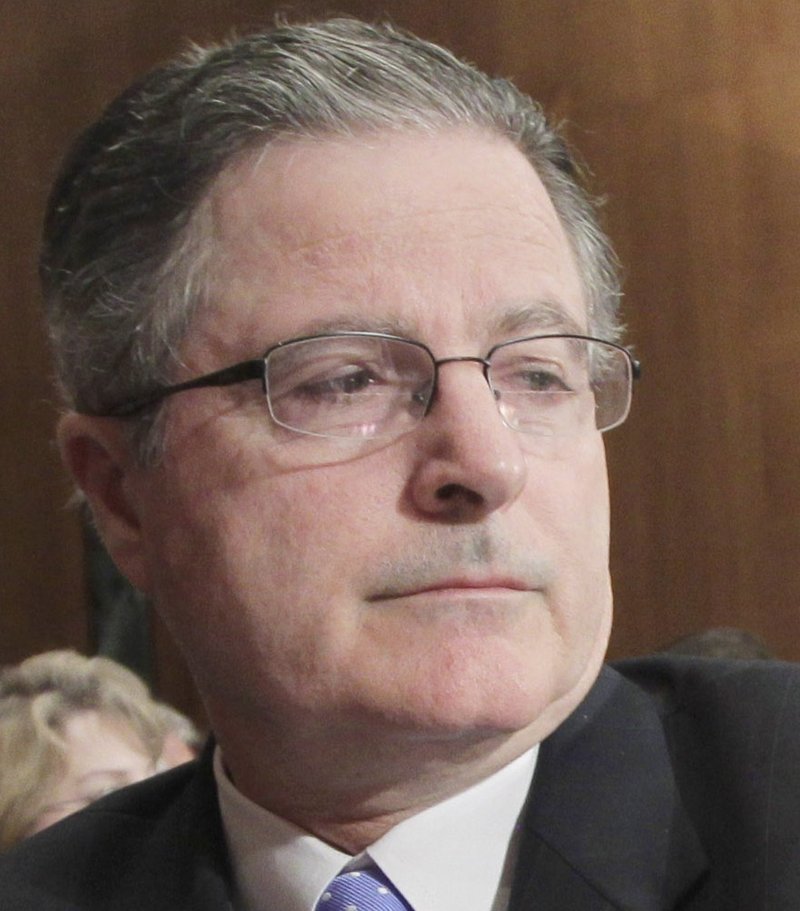

Success. Please wait for the page to reload. If the page does not reload within 5 seconds, please refresh the page.
Enter your email and password to access comments.
Hi, to comment on stories you must . This profile is in addition to your subscription and website login.
Already have a commenting profile? .
Invalid username/password.
Please check your email to confirm and complete your registration.
Only subscribers are eligible to post comments. Please subscribe or login first for digital access. Here’s why.
Use the form below to reset your password. When you've submitted your account email, we will send an email with a reset code.